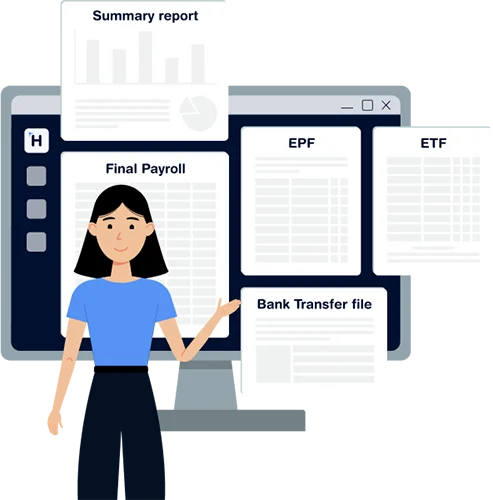For a business winning a deal is fantastic, but signing a solid contract with the other party is a crucial step that you should not forget whether it’s another company (B2B) or a direct customer (B2C).
What is a sales agreement?
A sales agreement is a contract or a legal document between two parties that binds those parties legally in exchange for something with all the terms and conditions. So, here, one party is the seller, while the other must be the buyer. This is also known as a sale of goods agreement. This clear and concise agreement helps prevent misunderstandings and avoid unforeseen circumstances while leading to a smooth and trustworthy transaction.
This blog talks about 5 must-have elements in your sales agreement.
1. Parties Involved:
- Legal details: Don’t just include names and addresses. For businesses, specify the full legal names and registered addresses. For individual buyers, get their full legal names and residential addresses.
- Authorized signatories: Identify the individuals with the authority to sign the agreement on behalf of each party. Include their titles and proof of authorization (e.g., board resolution).
- Contact information: Include phone numbers and email addresses for both parties to facilitate easy communication.
2. Description of Goods/Services:
- Detailed Product/service specifications: For products, provide a clear description, including model numbers, quantities, and any relevant technical information. Attach brochures or data sheets for complex products.
- Clearly defined services: For service-based agreements, meticulously outline the scope of work, deliverables, and timelines. Define performance metrics to ensure successful service delivery.
- Intellectual property rights: If the sale involves intellectual property (IP) like trademarks or copyrights, clearly specify ownership rights and any licensing agreements to avoid confusion.
3. Sales Price and Payment Terms:
- Pricing structure: Define the pricing structure, whether it’s a fixed price, tiered pricing based on volume, cost-plus pricing, or any other pricing method you have followed.
- Payment schedule: Outline the payment schedule, including the total amount due, any payment milestones, and the due dates for installments.
- Accepted payment methods: Specify acceptable payment methods (e.g., credit card, cash on delivery) and any associated fees.
- Payment terms: Define standard payment terms (e.g., net 30 days), late payment penalties, and potential interest charges.
4. Delivery Terms and Warranties:
- Delivery logistics: Specify who is responsible for delivery costs and logistics (seller or buyer). Define incoterms (international commerce terms) like Incoterms® 2020 to clarify responsibilities during transportation (e.g., EXW – Ex Works, DDP – Delivered Duty Paid).
- Delivery timeframe: Outline the expected timeframe for delivery, considering lead times and potential delays.
- Warranties and guarantees: Define any warranties offered by your company, including the duration of coverage, specific parts or services covered, and the claims process.
- Inspection and acceptance: Outline the process for inspecting goods upon delivery and procedures for handling defects or rejections.
5. Termination Clauses:
- Termination for cause: Specify circumstances allowing either party to terminate the agreement (e.g., material breach of contract, insolvency).
- Notice of termination: Define the required notice period for termination and any associated fees.
- Dispute resolution: Specify the process for resolving disagreements, such as arbitration or litigation, and the designated jurisdiction for such proceedings.
By incorporating these essential elements into your sales agreements, you create a secure foundation for successful transactions. Remember, a well-drafted agreement fosters clear communication, minimizes risks, and protects your business interests no matter who you sell to. Consider consulting with a lawyer to ensure your agreements are tailored to your needs and comply with relevant regulations.



